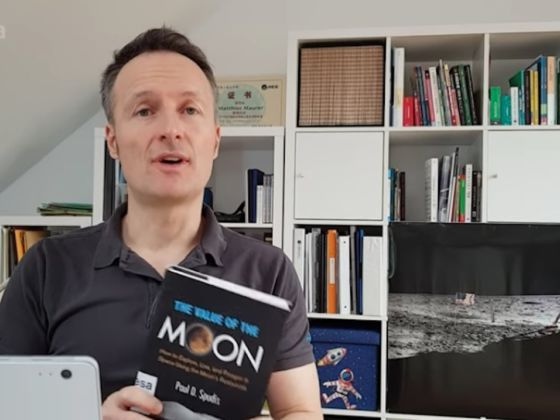When it comes to surviving and thriving in self-confinement, astronauts are serious pros.
Becoming trained and certified to work in outer space takes years, and a good chunk of that time is spent learning the art of living in close quarters. During a typical six-month mission, there are plenty of chances to go stir-crazy without personal space — but also co-worker privacy, hot showers, normal toilets, and, well, gravity.
